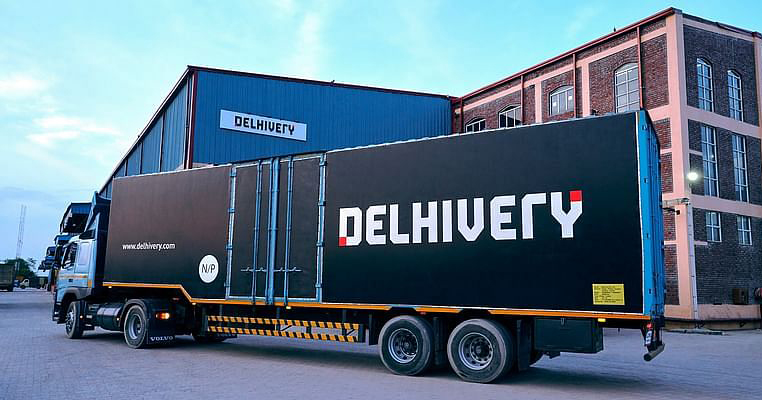Delhivery, the homegrown delivery and e-commerce start-up, has been quite busy from some time, as it has been gearing up for its $1 billion initial public offering (IPO), which is set to come this October. It raised $277 million in a funding round in May led by Fidelity (something which took its valuation to over $3 billion) and $100 million from FedEx Express later in July. Additionally, it acquired Spoton Logistics last month to strengthen its B2B vertical.
This time, the Gurgaon-headquartered firm has announced in a regulatory filing that Lee Fixel’s Addition had invested $76.4 million in it as part of its Series I round.
Lee Fixel has been known to invest in Indian start-ups, and the former member of the board of directors of e-commerce firm Flipkart has invested in many startups as well. His one-year-old venture capital firm Addition had raised $1.3 billion to invest in early- and growth-stage start-ups.
As for Delhivery, the ten-year-old start-up has come a long way from the days of being a food delivery firm and is now one of the key names in providing logistics services in over 2,300 Indian cities. It connects consigners, agents, and truckers offering road transport solutions, thereby reducing the role of brokers, making trucking more efficient, and ensuring round-the-clock operations. It is also one of the few names that are actively working to digitize the demand and supply system of the logistics market, something which is sorely needed.
Founded by Kapil Bharati, Mohit Tandon, Sahil Barua, Suraj Saharan, Bhavesh Manglani, the start-up claims to have delivered over a billion orders to date and has over 10,000 customers. It also claims to have worked with “all of India’s largest e-commerce companies and leading enterprises.” Delhivery has plans of investing over $40 million within two years in order to scale up and increase the size of its fleet as it gears up to meet the multitude of demands that have been flowing in with the unprecedented rise in online purchasing and shopping thanks to the pandemic.
The Tech Portal is published by Blue Box Media Private Limited. Our investors have no influence over our reporting. Read our full Ownership and Funding Disclosure →






